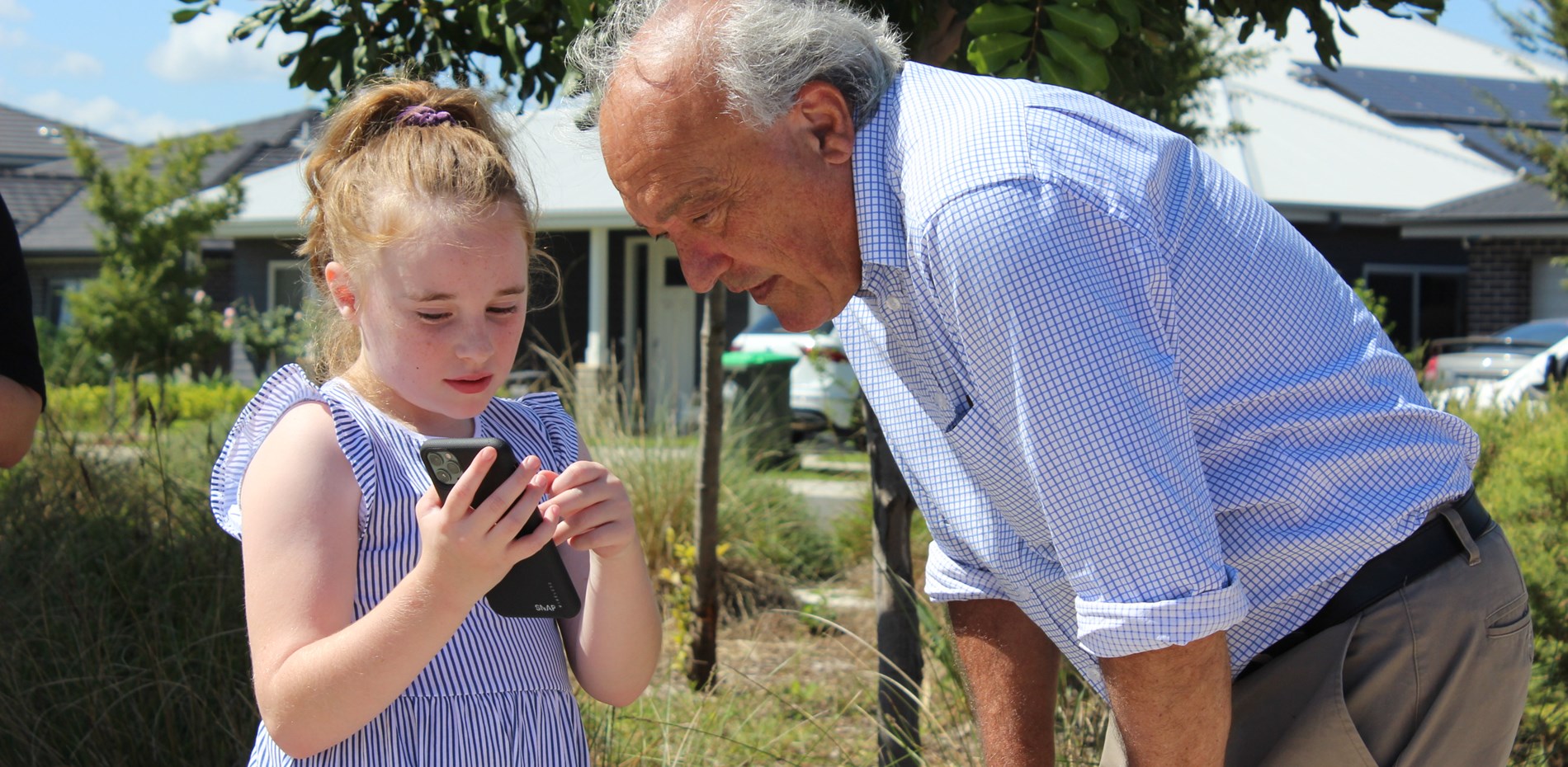I rise to speak on the motion put forward by my friend and colleague the member for Mallee. She and I have worked on a number of health issues since she's been in parliament. In particular, we are the co-chairs of the parliamentary friends of organ donation and she has earned my respect for the very excellent work she's done in her advocacy on this issue. She's also been a strong supporter of the National Disability Insurance Scheme, of course, and I thank her for bringing this important matter before the House.
The NDIS will undoubtedly go down in history as one of the greatest legacies of the Gillard Labor government, and there is no question that Julia Gillard deserves enormous credit for her fight for, and the ultimate delivery of, the NDIS. It's a scheme that we must defend, preserve and strengthen at all costs. It has made a remarkable difference to the people that I've looked after in the last 40 years. However, under the last eight years of the coalition government, the NDIS has, unfortunately, not received the steadfast support that many in the coalition promised. That may be through mismanagement, it may be through a lack of understanding or, importantly, it may be because of a lack of empathy. The effectiveness of the NDIS has at times been diluted by the Morrison government and its ministers.
Let me talk about the independent assessors. The Morrison government said that the independent assessors were a result of intensive and extensive community consultation. That's a load of absolute hogwash. No-one in the disability sector believed that independent assessors were the way to go to provide better NDIS support for the people they care for. This was thought up by the previous minister, Minister Robert, to try and delay the implementation of the scheme, I believe, for many people. It was a terrible, terrible idea. It had no community support, and, begrudgingly, it has been abandoned by the new minister. Thank God for that. Support for the NDIS ought to be bipartisan, and I know there are many on the government side who do support it and support it well, the member for Mallee being one of them. But, as we've already heard from the previous speaker, there have been lots of problems that have not been adequately addressed even now, and the workforce issues are certainly part of that. The battles need to be fought: that's true. But these battles ought not to be had in the first place in many instances.
So profound was the impact of the NDIS that many of my patients and their families saw it as being life changing. For the very first time, we had a national government that was saying to Australians living with a disability and their loved ones that they were not in this alone; that it was a responsibility of all of us, as a society, to make sure that people with a disability had the quality of life of any other Australian and the ability to progress in life as well as any other Australian; and that support would be available to all who needed it.
Every Australian is entitled to a high quality of living and the right to live independent and fulfilling lives. I've certainly seen many examples of this. Recently, I visited a group home in my electorate, in Macarthur, run by DPN Casa Capace. It's absolutely magnificent. It allows people, adults with disability, to fulfil the lives they want to live, independently. It does require worker support, and those workers need to be highly trained because of the amount of technology and the amount of support these residents require, but they will get that thanks to the NDIS.
There have been issues in the rollout, I don't deny it, and the workforce issues have to be ironed out. We must have, on the government side, people who are prepared, without question, to defend the NDIS. The NDIS has always been funded, and we must make sure we keep that funding, to the best of our ability, to provide for people who have severe disabilities. We must strengthen our capacity, we must strengthen our workforce and we must, above all, make sure that everyone in our society is valued and everyone in our society can live their lives as independently as they can. They're not easy things to do. I have seen many people with severe disability, and I admire the work of many of the specialist schools. Mary Brooksbank specialist school, Passfield Park, Beverley Park, Mater Dei—all the specialist schools and specialist support agencies, I admire them enormously.



